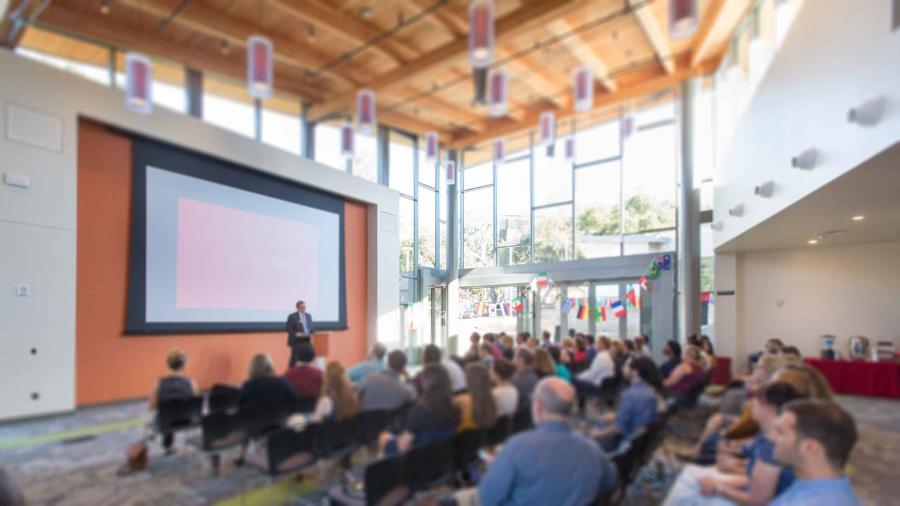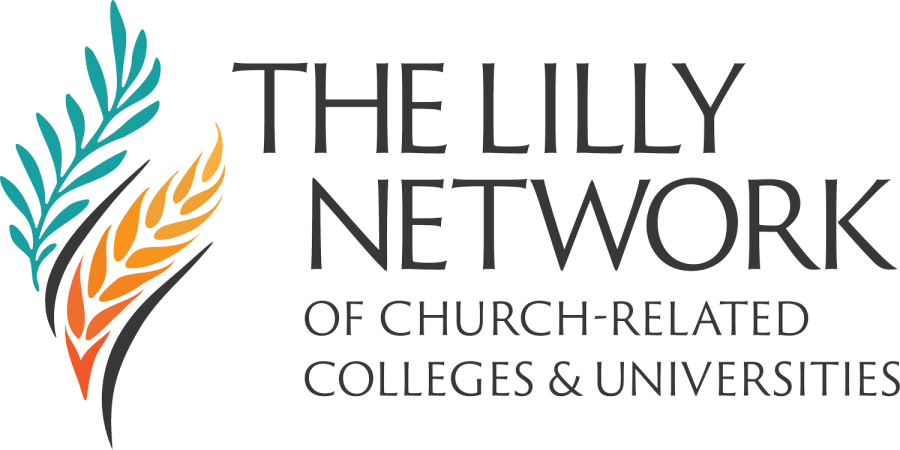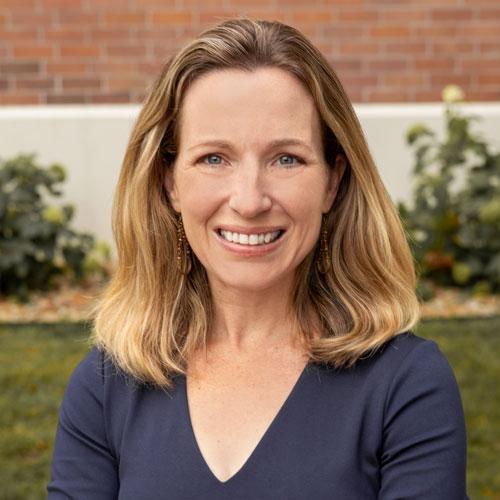Westmont News
How Faith-Based Colleges Shape Students

By
Scott Craig
Guests from the Lilly Network of more than 100 faith-based colleges and universities will examine the initial findings of a study about the intellectual-religious experience of undergraduates at the network’s national conference hosted by Westmont's Gaede Institute for the Liberal Arts on Sept. 27-29.

The Springtide Institute study, commissioned by the Lilly Network of Church-Related Colleges and Universities, surveyed more than 10,000 students from 34 network schools. Lisa DeBoer, professor of art and one of the organizers for the Westmont conference, says she anticipates data that investigates the experiences of students who choose to attend a church-related or faith-based college. “What happens for these students is different than for young people who do not attend college or choose to attend a public university,” she says. “Much of the sociological data on the faith experience of young adults is generic and simply based on age, not cross-referenced to their college experience. I’m looking forward to data that specifically tries to get at what is meaningful for students at Lilly Network schools, about their Christian formation and education.”

Springtide's director, Tricia Bruce, will present findings from that study, Fuller Seminary’s Steve Argue will provide additional framing about young-adult development, and a panel of religious-life professionals drawn from Lilly campuses will give a snapshot of what they've seen with their students.
As part of the conference, Hearts and Minds: Undergraduate Spiritual and Intellectual Development at Lilly Network Institutions, Steve Porter, the executive director of Westmont’s Martin Institute, will host a conversation with a panel of campus chaplains and ministers, Mindy Smith from Whitworth, Rev. Martin Ngo from Loyola Marymount and Mike Ahn from Biola, on Saturday, Sept. 28, at 1:30 p.m. in the Global Leadership Center.
“The world changes around us, and the world shapes our students,” DeBoer says. “In recent years, both our churches and our public sphere have undergone massive changes. As a professor, I need a better handle not just on the nature of those changes but on how they’ve shaped my students. I look forward to anything I might learn from this research that will help me better understand my students — and teach effectively in the context of their experience.”